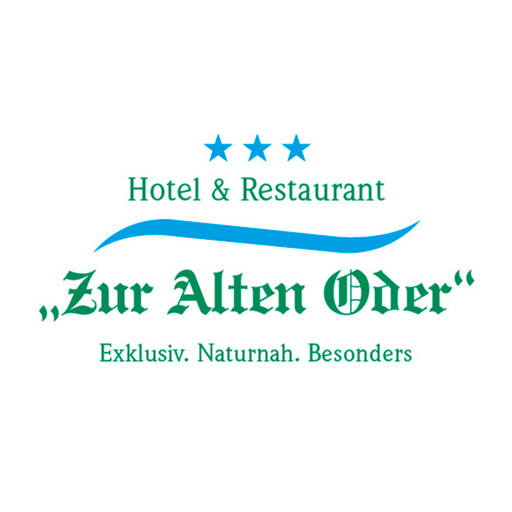Frankfurt-Oder looks back on a long and eventful history. In the 13th century, a merchant settlement developed where Frankfurt an der Oder is today, because the Oder valley narrowed here to two kilometers in the Middle Ages. This made the transition easier to pass. This made it easier for traders to get to cities like Magdeburg. In 1253, Margrave Johann I finally granted city rights to Frankfurt-Oder. So the city could be officially founded. Incidentally, today's city coat of arms is derived from a city seal from the year 1294, the oldest surviving city seal.
The Middle Ages were a formative time for Frankfurt-Oder. In 1430, the city was named as a participant in the Lübecker Tagfahrt files. Only members of the Hanseatic League were allowed to take part in this. This meant that Frankfurt was a member of the Hanseatic League by 1430 at the latest. This is now celebrated year after year at the Hanseatic Festival, where the guests of the Hotels in Frankfurt-Oder like to participate. The fish above the town hall is also a symbol from this period. It dates from 1454.
The year 1506 was another milestone in the history of the city: the university building was completed. However, the Brandenburg University of Frankfurt was relocated to Breslau in 1811. Today's Viadrina University was only re-established after reunification. The Thirty Years' War (1618 to 1648) also left its mark on Frankfurt-Oder. The university recovered only slowly and the flourishing economic times of the Hanseatic League were over.
From a cultural point of view, the 18th century was another heyday for Frankfurt-Oder. Carl Phillipp Emanuel Bach, after whom the concert hall was later named, enrolled at the Brandenburg University in Frankfurt in 1734 and became a member of the Collegium musicum. There he performed not only his own works but also works by his famous father Johann Sebastian Bach.
In 1777 another defining personality of the cultural life of Frankfurt-Oder was born: the later poet Heinrich von Kleist. Among other things, a museum in Frankfurt-Oder is dedicated to his life, which you can look at during your stay in our Hotel in Frankfurt-Oder should look at.
The 20th century was very eventful for Frankfurt-Oder with the Nazi rule, the Second World War and the GDR era. Here the special location of the city on the border with Poland came into play. In 1945 the former dam suburb of Slubice went to Poland; the Oder formed the borders between the two states. Nevertheless, the two cities were already close friends in GDR times; after the reunification, this cooperation was further expanded. Today both cities form a European double city. who as a Hotel in Frankfurt-Oder visited, can plan a trip to the neighboring country.
Search a Restaurant in Frankfurt-Oder? Unser heißes Tipp für Sie: Buchen Sie Ihr Tisch im Restaurant „Kontor“ und genießen frische und regionale Produkte in leckeren Variationen unseres Kochs.
